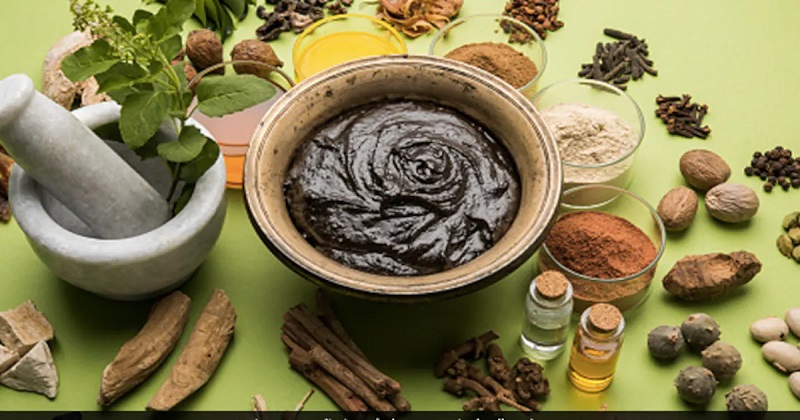
The ancient medicinal system of Ayurveda has been around for thousands of years and is trusted by millions for its comprehensive approach to health. Ayurveda focuses on illness prevention and harmonizing the mind, body, and spirit, and the therapeutic formulations are thought to have natural substances with no adverse effects. According to current research, however, long-term usage of Ayurvedic herbal remedies may result in specific health issues. According to a National Library of Medicine publication, it might be attributed to probable adulteration and some intrinsic toxicity.
The article mentions a 35-year-old hepatitis patient who took swarnabhasma and had her liver damage aggravated, as well as a 47-year-old rheumatoid arthritis patient who took an unknown pill containing steroid as an adulterant for 2 years and experienced side symptoms indicative of steroid excess. High dosages of some Ayurvedic herbs, or using them for an extended length of time, can cause a variety of adverse effects including stomach pain, diarrhoea, nausea, vomiting, loose movements and allergic dermatitis.
According to Ayurveda expert Dr. Rekha Radhamony in a recent Instagram post, Ayurvedic herbal medications, like Allopathy, should not be taken without the supervision of a physician since they might produce a variety of negative effects. She also disclosed how long-term use of the blood pressure-lowering herb sarpagandha might lead to depression.
‘Are Ayurvedic medications safe? Yes and no. Some drugs are healthy for you when they are light herbs, but there are powerful herbs that are not ‘, says Dr. Radhamony The Ayurvedic specialist goes on to say that Ashwagandha is a highly poisonous plant, and Shatavari, if not prescribed by a doctor and is not appropriate for you, might induce menstruation abnormalities.
‘Unfortunately, Ayurvedic drugs are not subject to the same severe standards as Allopathic medicines in India, and the majority of the medicines are available without a prescription. As a result, many acquire and consume medications without thinking about whether they are safe ‘, Dr. Radhamony adds in the Instagram post.

Post Your Comments